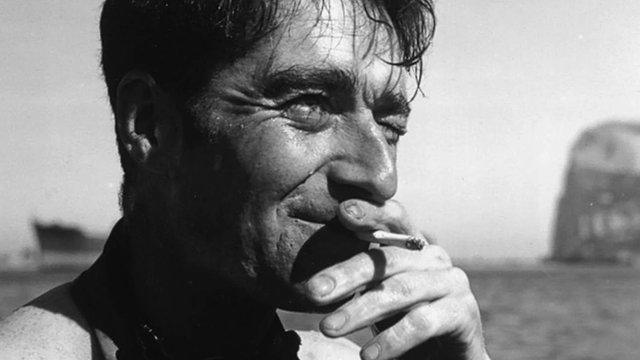Thatcher government ordered 'rural rioters' inquiry
- Published
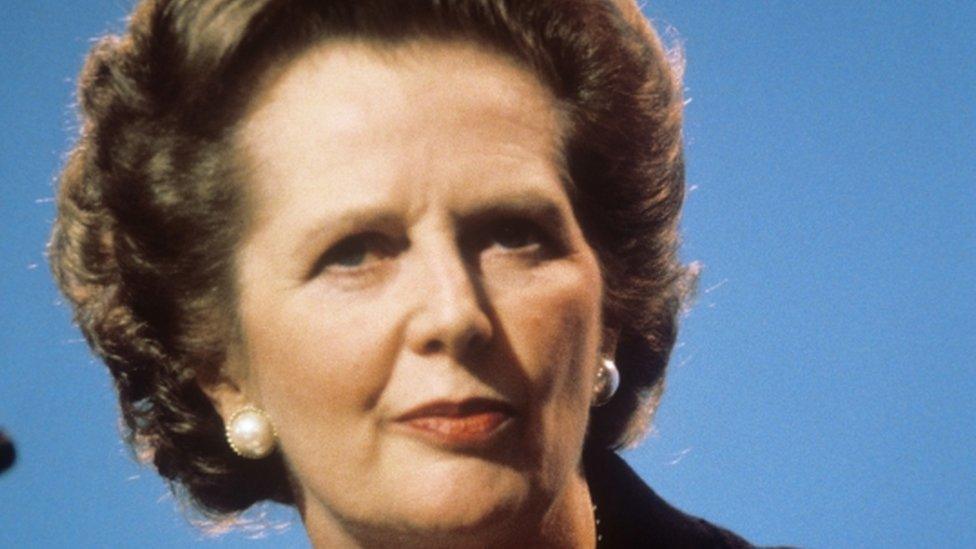
Research into "drunken mob violence" in the "shires" was ordered by the Thatcher government, previously unseen Cabinet Office files have revealed.
Home Secretary Douglas Hurd told police to investigate the problem of the "rural rioter", noting similarities with the "football hooligan".
In a memorandum from June 1988, Mr Hurd said police saw violent offences in rural areas as an "increasing burden".
The files were released by the National Archives at Kew, west London,
'Capacity for violence'
In the memorandum, Mr Hurd noted there had been 83,000 violent offences in county and rural areas the year before - half as many again as in 1980 - and he said he was "concerned that the problem is getting worse".
"Many of the 16 to 25-year-olds involved in these disturbances have a latent capacity for violence," he said.
"Toughness is a proof of manhood. Drink removes their inhibitions and pushes them over the edge."
Mr Hurd dismissed the idea of having a "rural riot squad" to react to spontaneous disorder, saying: "They would spend their time chasing from one end of the county to another."
Instead he proposed tougher licensing laws, quick prosecutions and exemplary sentences, and improved policing procedures.
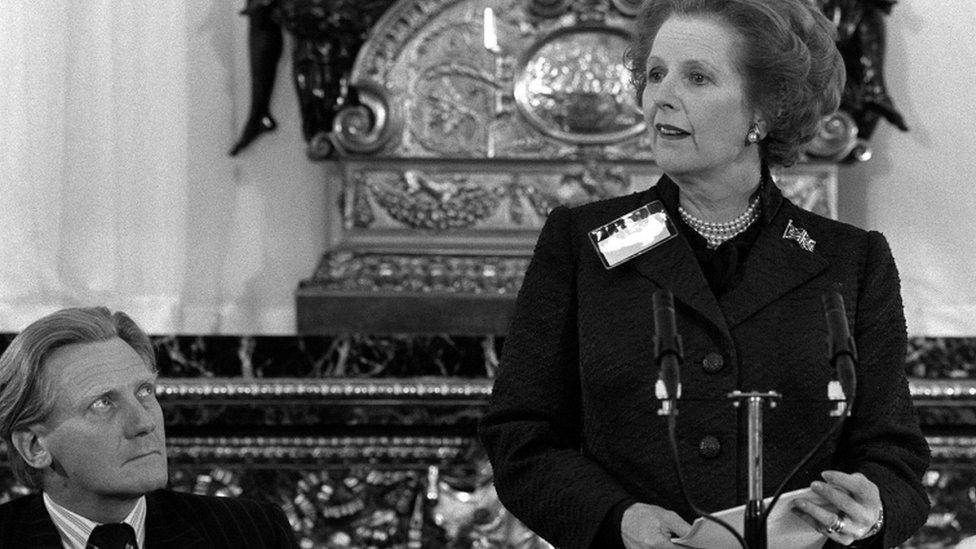
Advisers urged Margaret Thatcher to force a showdown with her Defence Secretary Michael Heseltine, the files showed
The newly-released documents also show that Margaret Thatcher's advisers urged the prime minister to force a showdown with her Defence Secretary Michael Heseltine, telling him to accept her authority or quit, over the Westland affair in 1986.
Mr Heseltine was backing a European consortium in its battle with the US aircraft manufacturer Sikorsky to take over British aircraft manufacturer Westland, even though the government was supposed to be neutral.
Other documents show Mrs Thatcher refused to bail out the 1986 Commonwealth Games despite being asked to contribute £1m by media tycoon Robert Maxwell.
And Mrs Thatcher was warned repeatedly by ministers that introducing the Poll Tax - a flat rate "community charge" to replace domestic rates based on property values - would be a political disaster.
Welsh Secretary Peter Walker was among those to speak out, warning that a proposal to exempt rough sleepers could lead to people sleeping on the streets to avoid the charge.
"While I appreciate that in practice it is highly unlikely that local authorities would be able either to track down people who sleep rough or to get any payment of the charge from them, a specific exemption could be seen as encouraging them to sleep on the street rather than in a hostel," he said.
Widespread protests against the new tax in 1989 were seen as one of the reasons why Mrs Thatcher was forced out of Number 10 the following year.
- Published26 January 2016
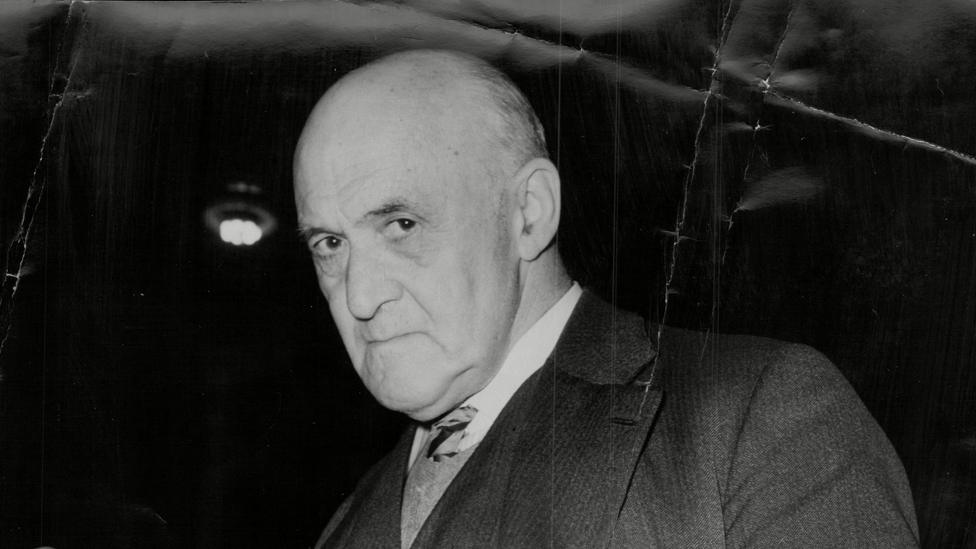
- Published30 December 2015
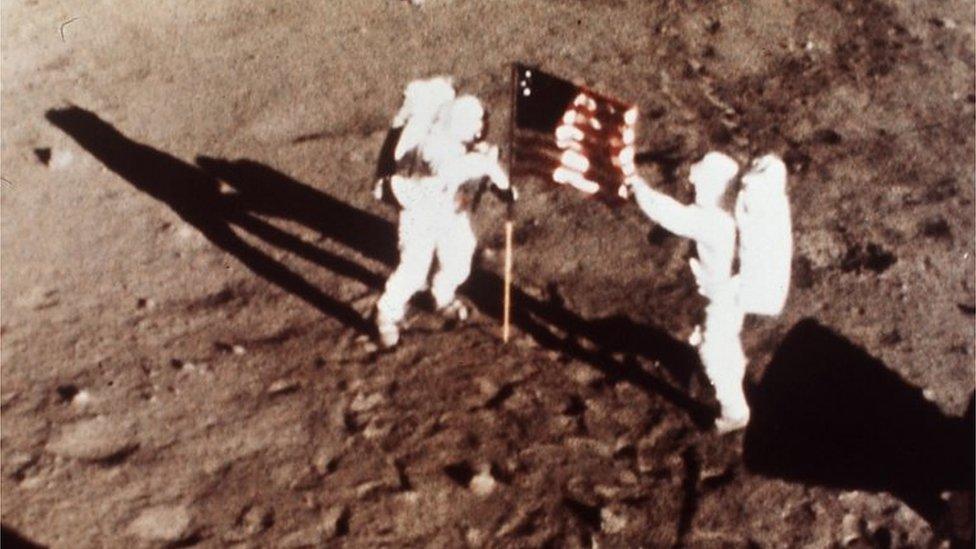
- Published30 December 2015
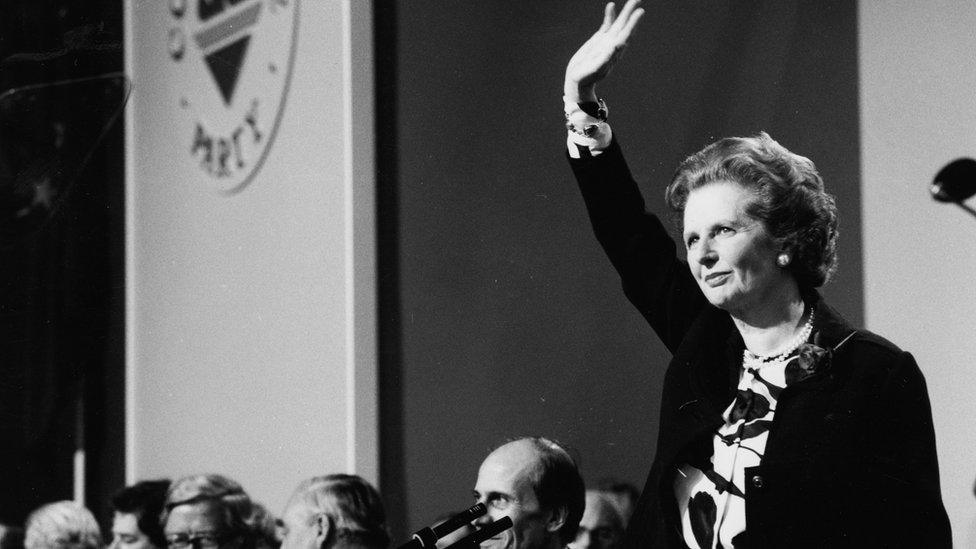
- Published23 October 2015
